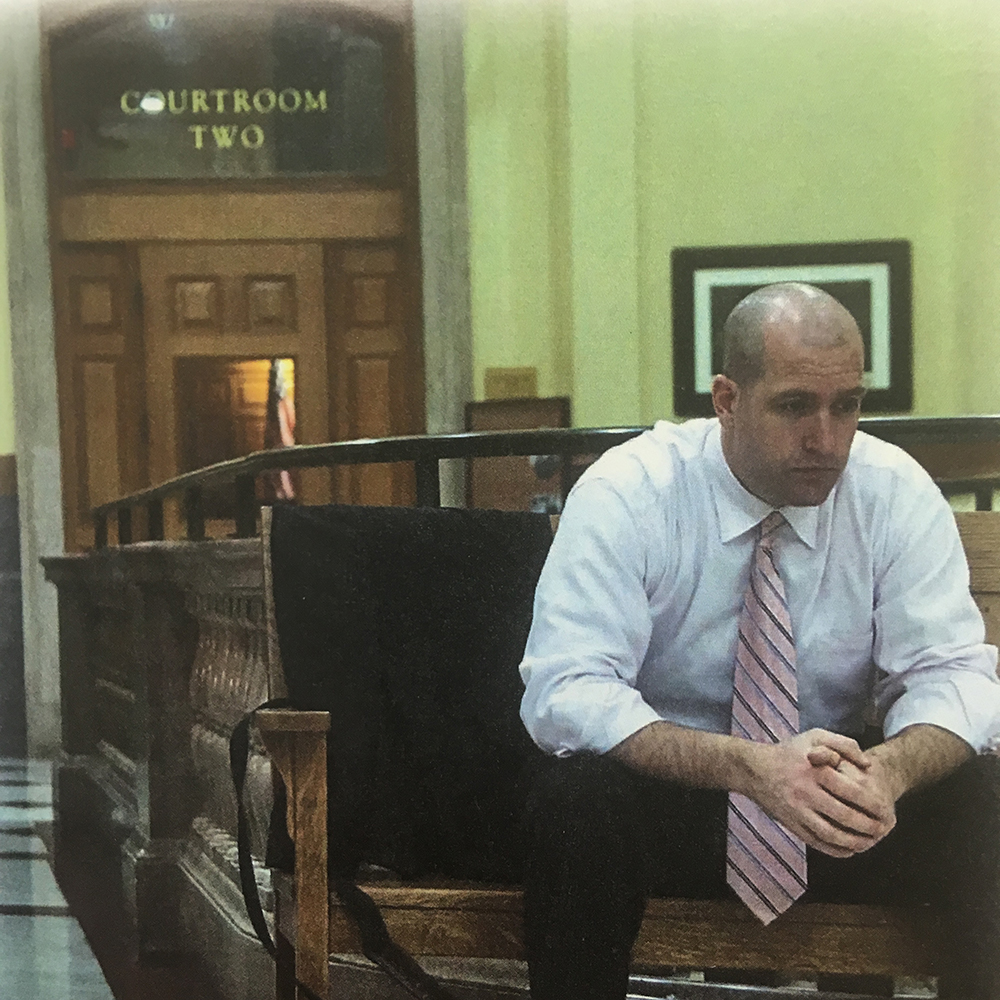Massachusetts security deposit
1. When the deposit is tendered, the landlord must give the tenant a written receipt which provides:
a. the amount of the deposit
b. the name of the landlord/agent
c. the date of receipt
d. the property address.
e. and a description of the rented or leased premises,
2. Within 30 days of the money being deposited, the landlord must provide the tenant with a receipt identifying the bank where the deposit is held, the amount and account number.
3. At either the time of receiving or within 10 days after the tenancy begins; give the tenant a “Statement of Condition,” signed by the landlord, which must contain:
a. a comprehensive list of all damages then existing (including violations of any housing or building codes); and the following statement in 12 point boldface type at the top of the first page:
“This is a statement of the condition of the premises you have leased or rented. You should read it carefully in order to see if it is correct. If it is correct you must sign it. This will show that you agree that the list is correct and complete. If it is not correct, you must attach a separate signed list of any damage which you believe exists in the premises. This statement must be returned to the lessor or his agent within 15 days after you receive this list or within 15 days after you move in, whichever is later. If you do not return this list, within the specified time period, a court may later view your failure to return the list as your agreement that the list is complete and correct in any suit which you may bring to recover the security deposit.”
b. Return a copy of any separate list of damages submitted by the tenant within 15 days with either a signed agreement or disagreement with the list.
4. The security deposit must be held in a separate interest bearing account in a Massachusetts financial institution protected from the landlord’s creditors.
5. The landlord must pay the tenant interest on the security deposit annually if held for more than one year. At the end of each year of a tenancy, such lessor shall give or send to the tenant from whom a security deposit has been received a statement which shall indicate the name and address of the bank in which the security deposit has been placed, the amount of the deposit, the account number, and the amount of interest payable by such lessor to the tenant. The lessor shall at the same time give or send to each such tenant the interest which is due or shall include with the statement required by this clause a notification that the tenant may deduct the interest from the tenant’s next rental payment. If, after thirty days from the end of each year of the tenancy, the tenant has not received such notice or payment, the tenant may deduct from his next rent payment the interest due.
6. if you have a written tenancy agreement or lease, the following language must be included in the agreement: “STATEMENT REGARDING SECURITY DEPOSITS: The owner must hold the security deposit in a separate, interest bearing account and give to the tenant a receipt and notice of the bank and account number; that the owner must pay interest, at the end of each year of the tenancy, if the security deposit is held for one year or longer from the commencement of the tenancy; that the owner must submit to the tenant a separate written statement of the present condition of the premises, as required by law, and that, if the tenant disagrees with the owner’s statement of condition, he/she must attach a separate list of any damage existing in the premises and return the statement to the owner; that the owner must, within thirty days after the end of the tenancy, return to the tenant the security deposit, with interest, less lawful deductions as provided in M.G.L. c. 186, s. 15B; that if the owner deducts for damage to the premises, the owner shall provide to the tenant, an itemized list of such damage, and written evidence indicating the actual or estimated cost of repairs necessary to correct such damage; that no amount shall be deducted from the security deposit for any damage which was listed in the separate written statement of present condition or any damage listed in any separate list submitted by the tenant and signed by the owner or his agent; that, if the owner transfers the tenant’s dwelling unit, the owner shall transfer the security deposit, with any accrued interest, to the owner’s successor in interest for the benefit of the tenant”
7. The security deposit may only be used to reimburse the landlord for unpaid rent, reasonable damage to the unit or unpaid tax increases if part of the lease. Security deposits cannot be used for general eviction costs or attorneys’ fees. Within 30 days of the tenant’s leaving, the landlord must return the deposit plus any unpaid interest or provide a sworn, itemized list of deductions for damage with estimates for the work. Only then can the landlord retain any portion of the deposit.
